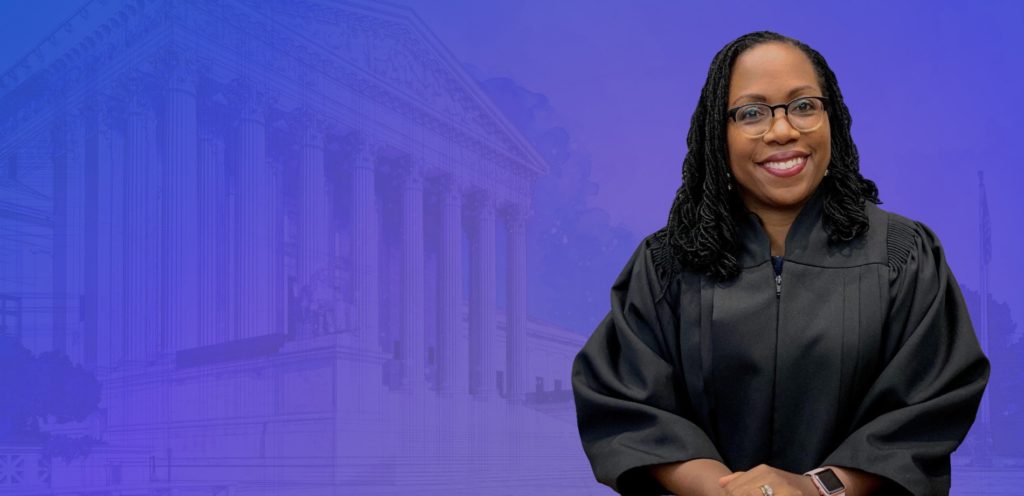Accountability at California State University Is Long Overdue
Discrimination thrives in silence, and at California State University (CSU), that silence has been deafening. Despite its crucial role as an educational institution meant to foster growth and innovation, CSU has become increasingly synonymous with systemic discrimination, gender inequities, harassment, and a culture of retaliation that stifles its victims. If CSU truly wishes to uphold its mission of inclusivity and integrity, accountability must begin now.
A Dismal Pattern of Discrimination and Retaliation at CSU
The lawsuit filed by Dr. Clare Weber and Dr. Anissa Rogers against the CSU Board of Trustees is not only troubling but also revealing of a deep-seated culture of inequality. Allegations range from gender-based pay disparities to harassment, retaliation, and even coercive tactics to silence employees.
Dr. Weber, once the Vice Provost at CSU San Bernardino, raised concerns about unjust pay disparities between female and male vice provosts. Instead of addressing her complaints with the seriousness they deserved, Weber alleges that she was fired, with CSU offering conflicting (and untruthful) explanations for her dismissal.
Similarly, Dr. Rogers reported a toxic workplace where male employees harassed female staff without consequence. As punishment for speaking up, she alleges that she was instructed to “train the men” and later pressured into resigning under threat of termination.
These are not isolated incidents. A whistleblower has described President Tomás Morales’ alleged hostility toward female employees, contributing to what they termed a pervasive “culture of fear.” Meanwhile, CSU Chancellor Jolene Koester is accused of advising women to endure harassment rather than taking decisive action against it.
Even third-party investigations intended to uphold fairness appear tainted by conflicts of interest, further eroding transparency at CSU.
Corroborating Evidence Validates Patterns of Harassment
Dr. Weber and Dr. Rogers’s cases are not alone. A 2022 study by the California State University Employees Union reported that pay disparities within CSU disproportionately affect women and people of color, with women of color earning nearly 7% less than white male colleagues. The university seems content with allowing these inequities to fester without implementing systemic solutions.
Adding to this damning evidence is the case of Terence Pitre, a Black dean at Stanislaus State, who endured relentless racial discrimination during his time with CSU. Pitre reported racial slurs, targeted harassment, and even social media ridicule by colleagues. Despite filing formal complaints, the university took no meaningful action to protect him. Such dismissive responses not only demean victims but also signal that speaking out comes at an enormous personal cost.
Addressing Counterarguments
CSU might cite internal policies or vague commitments to diversity as evidence of their efforts toward inclusion. However, policies do not equal outcomes. Victims continue to highlight failures in enforcement and implementation, undermining any claims of genuine progress. Others may argue that individual cases do not represent the institution as a whole. But, as we’ve seen, documented patterns of harassment and discrimination across campuses reveal otherwise.
Legal Frameworks Exist, but Action Must Follow
The law is clear. Under Title VII of the Civil Rights Act of 1964 and the Civil Rights Act of 1991, employees are entitled to workplaces free from discrimination and retaliation. Likewise, the California Fair Employment and Housing Act highlights protections beyond federal provisions, particularly for issues like gender and racial discrimination. However, good policies are meaningless without consistent enforcement.
Employers, especially publicly funded institutions like CSU, have a responsibility to create and maintain workplace environments free from prejudice and abuse. CSU’s repeated failures call into question its ability to meet even these basic compliance standards, much less excel as a model employer.
Why This Must Stop
This is bigger than individual lawsuits. This is about transforming CSU’s culture into one where equality, transparency, and accountability take precedence. Without this transformation, CSU risks not only tarnishing its reputation but also failing the students, faculty, and taxpayers who depend on it to uphold the ideals of inclusion and justice.
Call to Action
Accountability must be non-negotiable at CSU. We demand the following measures immediately:
- Independent Oversight: Appoint impartial third-party investigators to review discrimination and harassment complaints.
- Policy Overhaul: Create enforceable processes to address pay equity, gender discrimination, and workplace harassment at an institutional level.
- Support Mechanisms for Victims: Establish robust, confidential support systems for those impacted by discrimination or retaliation.
- Mandatory Training Programs: Provide anti-discrimination training for all employees, with emphasis on leadership roles.
- Transparent Reporting: Release annual diversity, equity, and inclusion audits to track progress and hold leadership accountable.
Students, staff, faculty, and broader California residents must lend their voices to this growing demand for justice. If CSU is to remain a pillar of higher education, it must prove that it values fairness and integrity—not just as platitudes, but as actionable commitments.
Step up, California State University. Equality can’t wait any longer.








 Justice Ketanji Brown-Jackson eloquently articulated the Court’s position, pointing out that the previous rule placed an unwarranted evidentiary burden on majority-group plaintiffs and strayed from the foundational texts and historical applications of Title VII. This decision highlights that claims of discrimination should be assessed on a level playing field, emphasizing the importance of protecting all individuals, as reinforced by the Court’s earlier ruling in Bostock v. Clayton County (2020).
Justice Ketanji Brown-Jackson eloquently articulated the Court’s position, pointing out that the previous rule placed an unwarranted evidentiary burden on majority-group plaintiffs and strayed from the foundational texts and historical applications of Title VII. This decision highlights that claims of discrimination should be assessed on a level playing field, emphasizing the importance of protecting all individuals, as reinforced by the Court’s earlier ruling in Bostock v. Clayton County (2020).




